Writing as a Spiritual Practice Advanced with Mark Matousek
$997.00 Original price was: $997.00.$189.00Current price is: $189.00.
Proof of item:
Writing for Transformation

It’s not enough to simply write anything that pops into your head…
Unstructured writing can reinforce that which binds you, rather than help you discover that which frees you.
A truly liberating practice uses writing as a way to probe your depths — chipping away at the ego, exploring buried feelings, and accessing your vulnerability. As a result, you’re able to tap into Spirit and expand your inner resources of love and compassion.
A transformative writing practice takes skillful inquiry, as well as the kind of discipline we usually associate with other practices dedicated to spiritual growth. As you venture into areas that generate resistance, it takes courage to continue moving forward instead of sticking to comfortable, more familiar terrain.
The rewards of a deep and powerful writing practice are immense — providing you with a way to access and examine revelatory insights, powerful truths, and your innermost Self.
More than anything, you’ll discover your unique creative genius, a path for manifesting it in the world, and how to transform any blocks into breakthroughs.
When you discover how to realize the transformative power of writing, you simultaneously:
- Gain a powerful tool for your spiritual path — one that’s always available to you
- Access your truth so deeply that it opens doorways to your boldest visions and your highest purpose
- Explore your inner world in ways that greatly enhance how you show up in the world — making you a more compelling teacher, leader, activist, or coach
When you know yourself fully, you’re able to relate from your authentic center — being more heartfelt, insightful, truthful, funny, and creative. And others find that compelling, as they also yearn for more freedom and integrity in how they engage.
When we sense someone is integrated and at peace with themselves, we trust them more and are drawn to interact and work with them.
It’s undeniable: people respond more powerfully to someone who is clear, authentic, and grounded.
What You’ll Discover in These 5 Months
Course sessions are on Wednesdays at 10:00am Pacific.
In this 5-month transformational intensive, Mark will guide you through the fundamental spiritual skills and competencies you’ll need to successfully navigate your past experiences and mine them for your journey of transformation through writing, which will in turn improve the quality of your life.
Each LIVE contemplation and training session will build harmoniously upon the next so that you’ll develop a complete, holistic understanding of the practices, tools, and principles you’ll need to sustain your writing, a process that almost certainly will improve the quality of your life.
You’ll emerge with:
Deeper access to your spiritual identity Insight into the history of your personal narrative The ability to access witness consciousness An enhanced capacity to discern the ego’s voice from the voice of your soul A wider-angle lens on your “life myth” An inner refuge you can turn to for wisdom and advice Freedom from limiting beliefs and shame Greater understanding of your shadow — and the gifts and wisdom it holds A deeper connection to your secret passions and fears Increased awareness of where fear is blocking you from achieving your desires A nondual approach to desire A more profound understanding of your personal source of meaning and purpose The ability to focus your intentions, to stop procrastinating, and to practice self-discipline with compassion Tools for healing from deep wounding from past traumas Expanded access to your personal and creative genius A deepened ability to express your innate gifts in the world
Module 1: Discovering Your Authentic Self (May 16, 23 & 30)

The journey of awakening begins by exploring the truth of who we are. When we learn to distinguish between the story of self and our authentic nature, we tap into a power that transcends biography, personality, and egotistical limitations. We rediscover the mystic child within us, the voice of wisdom that’s silenced as we grow into rational, practical, thinking adults. This authentic self has knowledge and power we can hardly imagine, and illuminates our higher faculties.
- Your biography is not your identity — you are the storyteller, not the story
- When you discover the gap between self and story, you awaken to your authentic nature
- Your nature is open, creative, and free, connected to the source of all being and not dependent on the whims of personality
- Rooted in this authentic self, your beliefs and limitations give way to untold possibilities
- These possibilities are portals to personal change; by exploring the stories that block these portals, you liberate yourself from obsolete baggage
- This baggage is not useless, however — it contains misconstrued truths, discarded riches, and hidden gifts we’re not aware of
Module 2: The Treasures of the Shadow (June 6, 13 & 20)

Enlightened by this new awareness, we recognize that our cut-off parts, those aspects of ourselves that we reject, deny, dismiss, or feel shame over, are hidden in a personal shadow that also contains many gifts and treasures. Among these are our sacred wounds, those losses and fractures that give rise to the longing for the Divine, however we define that. We come to see that without the shadow there would be no hunger for light, as there would be no yin without yang. We learn to bless ourselves in this knowledge and open to the fruitful darkness.
- Each of us has a sacred wound that motivates us in spiritual life; this wound is another portal to self-liberation
- Exploring this wound, we discover the longing that is our greatest ally on the spiritual path
- Longing reminds us to pay attention to those places where we’re not aligned with truth and goodness — where we imagine ourselves to be autonomous and disconnected from source
- We recognize that creativity, devotion, and life itself originate in a fruitful darkness that we may mistake for a terrible void
- This realization gives us courage to confront our nemeses when they arise, dissolving them in the light of attention
- Equipped with self-awareness, we no longer run from our shadows — we know that they are there to aid in our healing
Module 3: Freedom From Fear (June 27; July 11 & 18)

Freeing ourselves from fear of the shadow, we realize how much of our lives are devoted to running away from ourselves, escaping the anxiety of existence. Having glimpsed the truth of who we are — which is more than our biographical story — we’re no longer compelled to keep running away or keep ourselves in perpetual motion, and we can finally rest in the truth of our lives. Instead of constantly doing, planning, worrying, and struggling, we allow ourselves to stop and simply be. With nothing to prove and no image to defend, we experience the joy of the present moment, and meet ourselves, and our life, as if for the first time.
- The central anxiety of our lives, termed “this terrible freedom” by philosophers, is the choice of “to be or not to be”
- Free of confusion about who we are, this question no longer haunts us, and we no longer spend our lives running in fear from the truth
- We realize how much of our lives are spent in distraction — and doing, pushing, striving, struggling, and wanting
- The antidote to doing is being — learning to pause, allowing silence, and leaving room for revelation
- Revelation only comes in the present moment — allowing ourselves to “be here now,” we gain new access to mind, heart, and spirit
- We realize that freedom always exists in the now, and that fear falls away in the absence of thinking about the things we cannot change
Module 4: The Mysteries of Love (July 25; August 1 & 8)

This ability to be present engenders love. Having opened our minds to what we don’t know, and the mysteries of this glorious world, our hearts are opened as well. With this opening come new opportunities for connection and self-discovery, and exploring the mysteries of love in all its manifestations (romantic, platonic, filial, communal, mystic). We recognize that love is the sine qua non of existence, our underlying reason for being; also, that love in its essence is not personal, although we practice it with and through other people. We see that there’s no spiritual life without loving.
- In love, as in Vegas, you have to be present to play; without embodiment there’s no love, and knowing this is greatly liberating
- Regardless of its form, love is always spiritual and fueled by the selfsame source that gives us life
- Desire, attachment, and the demands of the form that love takes are not love, however human and understandable they may be — knowing this is a form of self-love
- Love is not a feeling; it’s a way of being — a verb, not a noun. We recognize love in the proofs of love.
- Our attitude toward love mirrors our approach to mystery, since love is beyond our control (we can feed it, we can’t create it) — both love and mystery require surrender
- Love invents us, not the other way around; how we love is who we become
Module 5: What Is Sacred? (August 15, 22 & 29)

Just as we’re formed by love, we’re buoyed and inspired by what we hold sacred. But what do we mean by sacredness? Is the sacred “set apart from ordinary life,” as it’s sometimes defined? Does the sacred rely on religious belief or the imprimatur of spiritual authority? Or is sacredness a subjective quality having nothing to do with institutions, and everything to do with what we love? By identifying what we hold sacred, and why, we deepen the meaning of our lives, affirm the nature of our beliefs, inform our choices with vision and soul, and recognize an unseen world beyond what we perceive through our senses. Sacredness, we come to see, is the bridge between the Divine and ourselves.
- Sacredness is a story, not a fact; it’s entirely subjective, even when shared by a faith group
- The “personal sacred” is part of everyday life, a different “angle of vision” that sacralizes experience moment to moment
- Knowing what we hold sacred strengthens us on our journey of faith, however we define that
- The sacred is always connected to love and what we value as individuals
- Sacredness ennobles experience by elevating the mind and spirit
- Through imagination, we’re connected to the Divine using the language of the sacred
Module 6: The Purpose of Wonder (September 5, 12 & 19)

Wonder and awe are the faculties that enable us to touch the Divine. Awe is the alarm clock installed by nature to wake us up from the trance of so-called ordinary life, and alert us to the miracle of every moment. Through epiphanies and “lustres” (as Ralph Waldo Emerson described such heightened intervals), we’re able to enter into states of grace, when the light of God becomes visible; when the commonest occurrences (a look from a child, a dog’s affection, the slant of light on a piece of glass) become testaments to our higher purpose, as clay-footed creatures with our eyes on the stars. Also, we’re able to see how the absence of wonder and awe can block us from wisdom and happiness.
- Awe and wonder are hard-wired faculties in the human brain, designed to give access to higher dimensions of experience
- Awe happens when we encounter something vast or unexpected that cannot be accommodated by the existing structures of the mind
- A life without wonder and awe is diminished, flattened, and absent of a transcendent perspective
- Addiction is the symptom of an awe-deprived world, attempting to replace the Divine with pleasure, to fill the God-sized hole within us with distractions
- Epiphany is the experience of recognizing the extraordinary in the ordinary — seeing “eternity in a grain of sand”
- Encountering your authentic self inspires wonder and great satisfaction
Module 7: A Whole New Life (September 26; October 3 & 10)

We discover there’s no separation between the human and divine, spiritual and material, sacred and profane, holy and unholy; that these boundaries are illusory, wrought from the primary misunderstanding regarding our true nature. Rooted in the awareness of our divine identity, we live with less conflict and more creativity, less cynicism and more faith, less self-judgment, aggression, and pain; and more mercy, connection, and joy. Our relationships flourish, as do our compassion for others, our awareness of what we cannot understand, and our gratitude for this precious human life.
- When we stop judging ourselves (the false self) we enter a whole new way of life
- With nothing to defend, there’s less aggression; with nothing to prove, there’s less struggle and more wellbeing
- Writing becomes an ongoing spiritual practice that allows us to become our own witness, our own healer, our own awakener
- We learn to ask essential questions that liberate us on an everyday basis, seeing insight when pain arises, and knowing that we are not that pain
- Equipped with self-knowledge, we lay claim to our birthright of happiness and awakening in this lifetime
Q & A
Related products
Personal Development
Personal Development
Personal Development
Reuben Brooks – The Ultimate Transformation – Meal Plan & Training Program
Personal Development
Personal Development
Personal Development
Cameron Blas – Filming And Editing Mastery With Final Cut Pro X
Personal Development
Personal Development


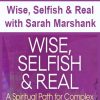
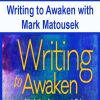
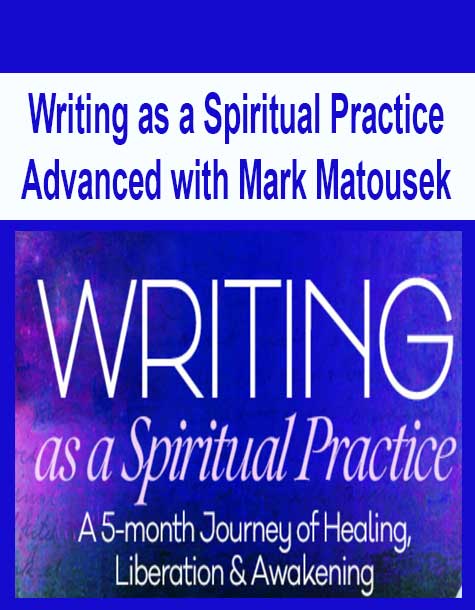

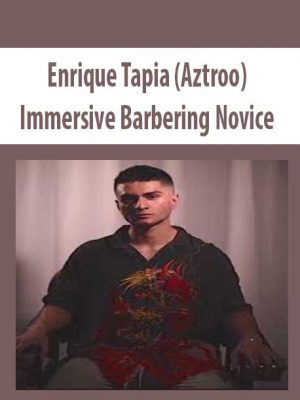
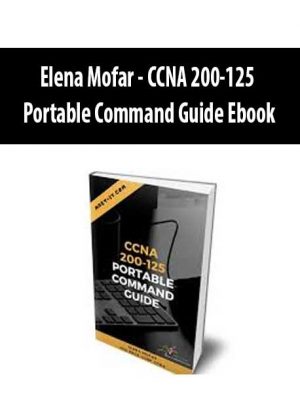
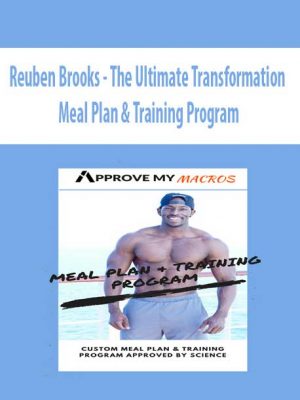

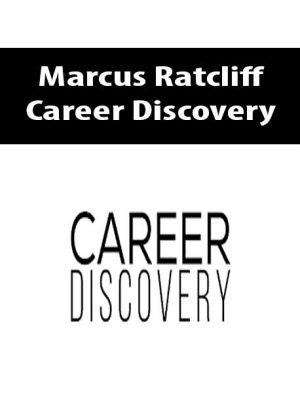

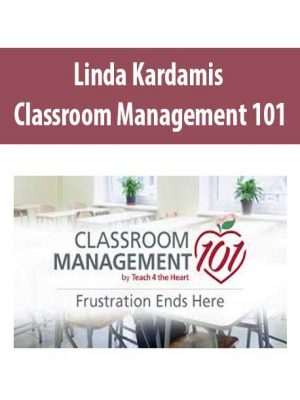
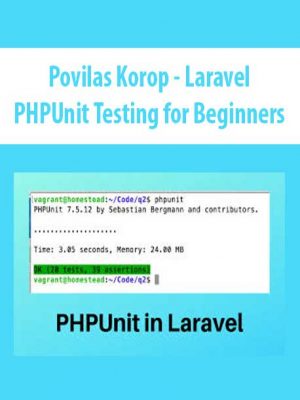
Reviews
There are no reviews yet